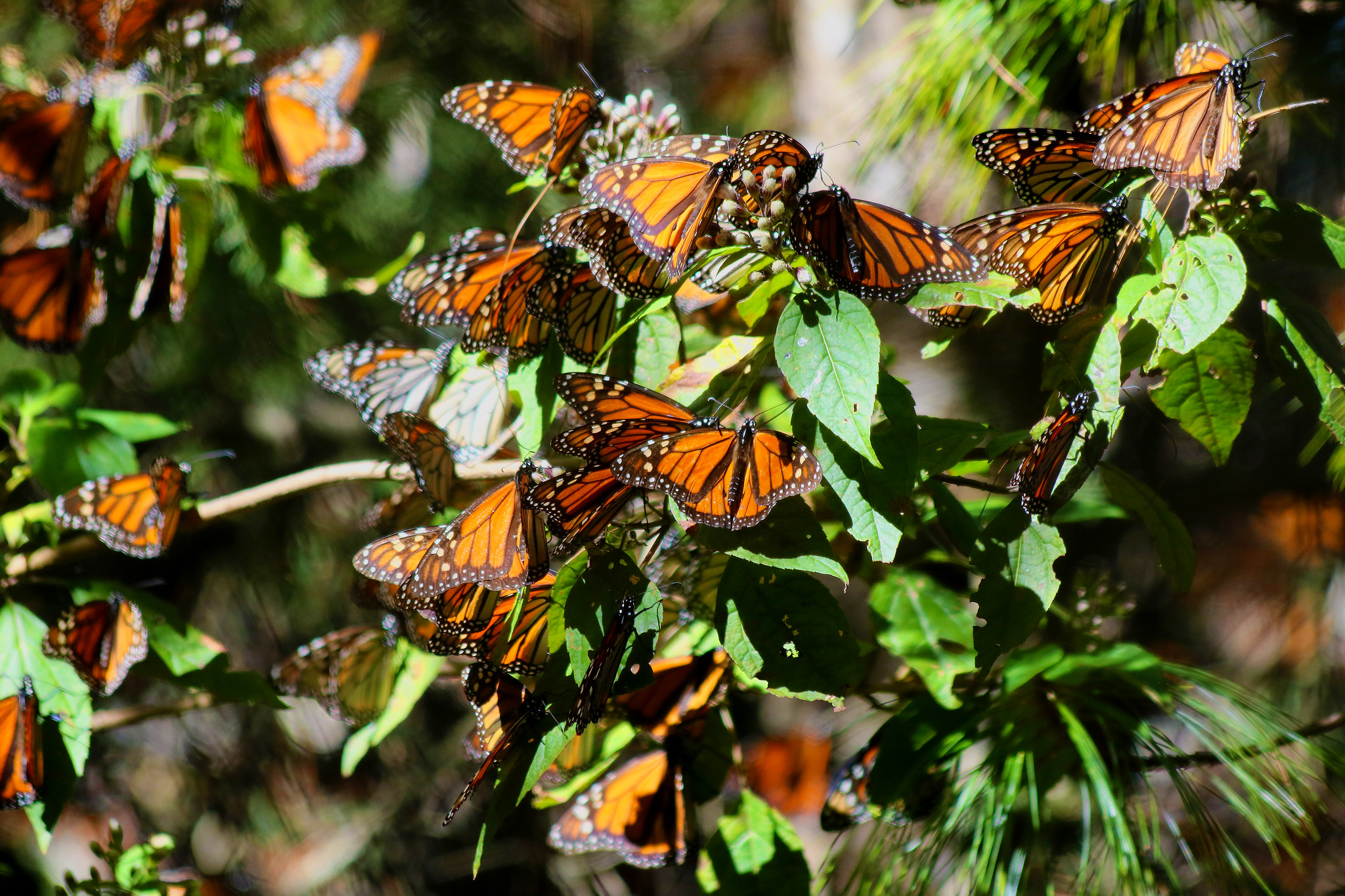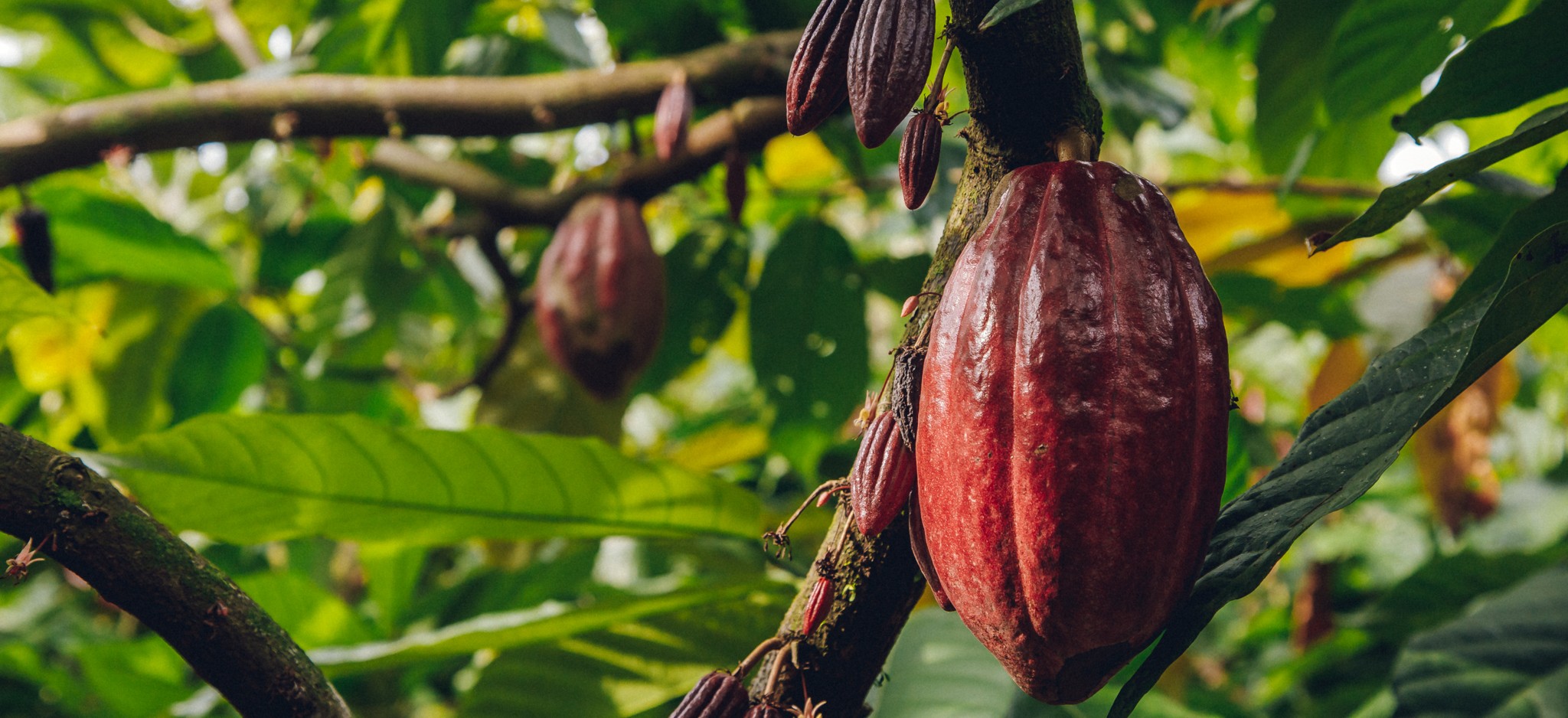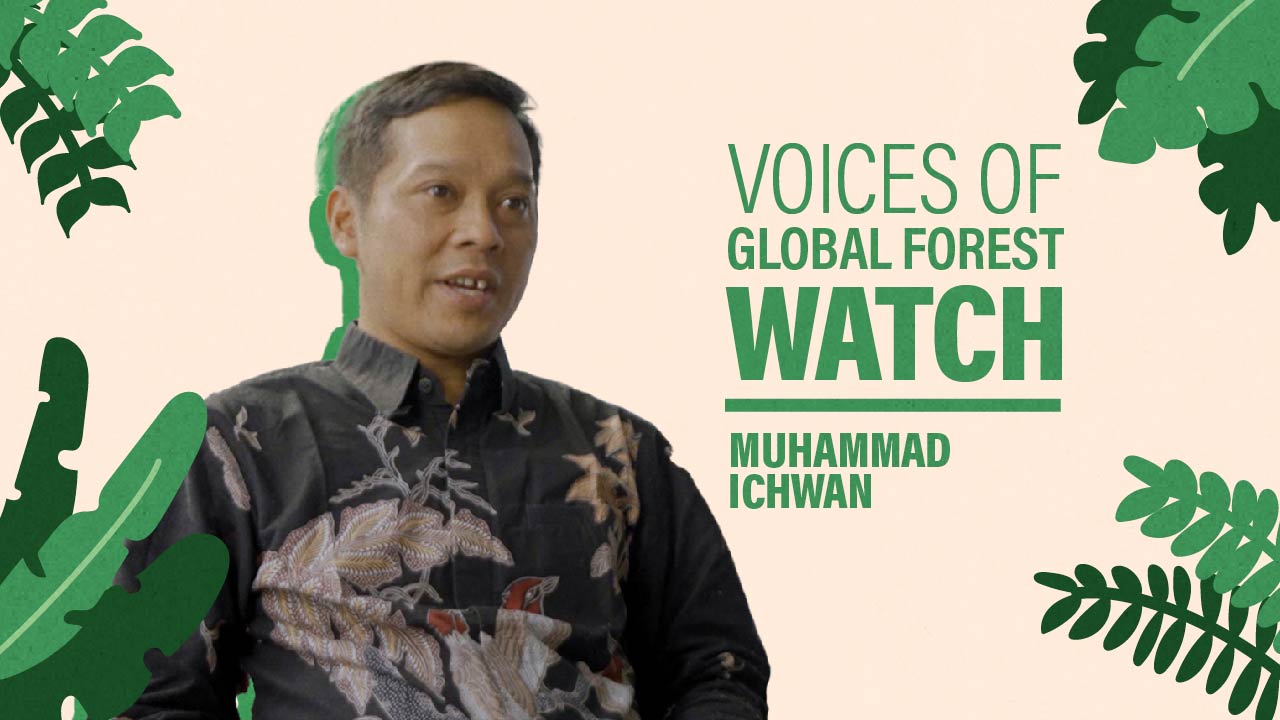Small Grants, Big Impact: Meet the 2024 Recipients Driving Change with Global Forest Watch
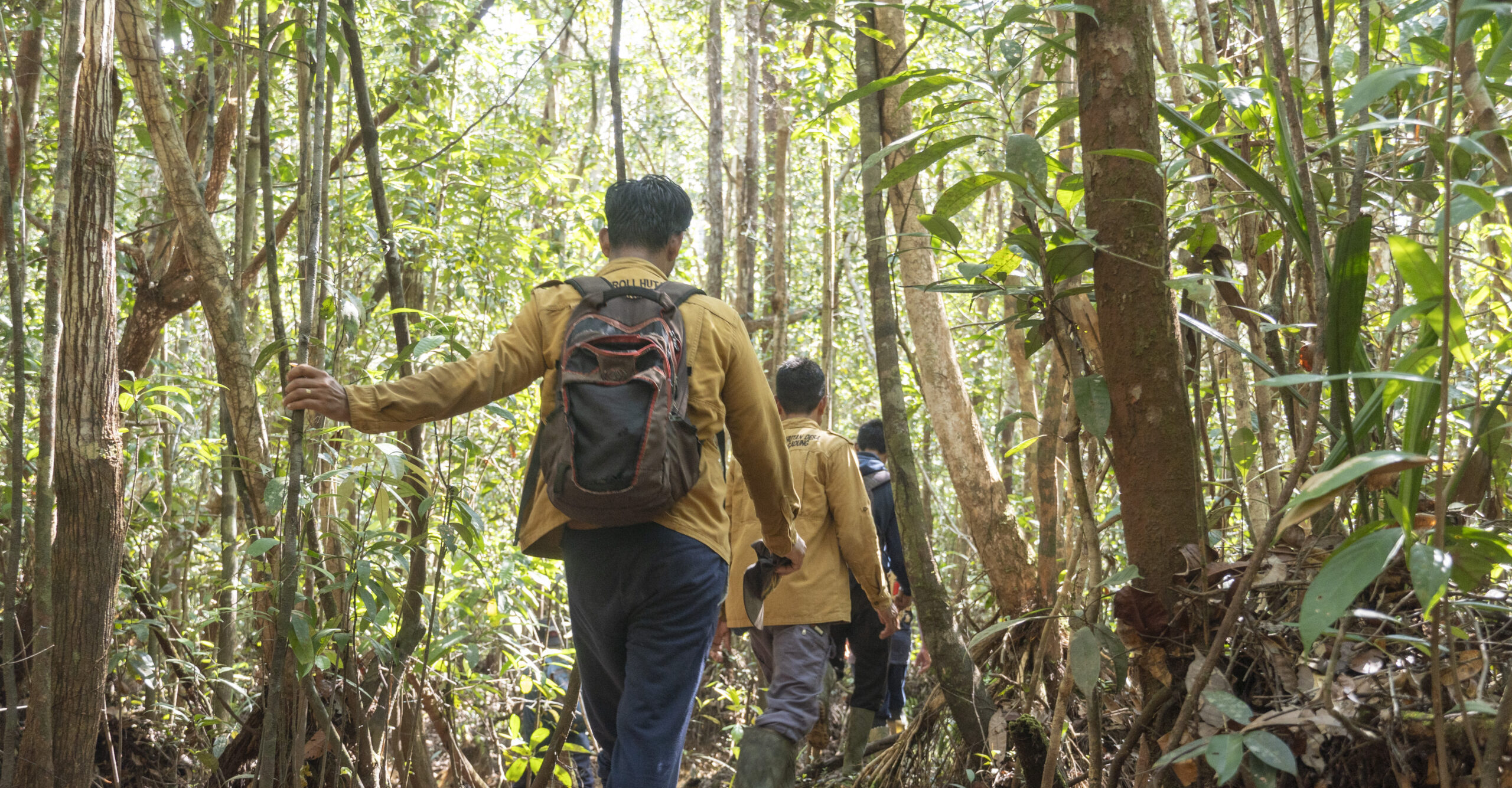
Credit: IBIF
This year marks 10 years of impact for Global Forest Watch (GFW) and the Small Grants Fund (SGF). Since 2014, the SGF has made grants to 102 projects in 30 countries that have monitored around 851 million hectares of forests. The impressive impact of these community-based efforts illustrates the power of community land stewardship for protecting forests and precious natural resources.
SGF grantees continue to develop innovative and effective ways to use GFW to monitor their forests, take action against illegal deforestation and assert their land rights. Their work has led to increased arrests for illegal deforestation, communal maps that identify territorial rights, budding partnerships across sectors and thousands of trainings on GFW tools for community members, park rangers, enforcement authorities and beyond.
In 2024, SGF will support 11 organizations with projects in 10 countries who will tailor GFW tools and data to confront deforestation within their forests.
Advancing technology and innovating smarter, more regionally specific data products
Fundación para la Conservación de los Andes Tropicales
Fundación para la Conservación de los Andes Tropicales (FCAT) aims to revolutionize deforestation monitoring in the Ecuadorian Chocó region by integrating AI-powered insights with GFW data, combined with intensive local capacity building. Deforestation is persistent in the Chocó region, even within federally protected areas such as the Mache-Chindul Ecological Reserve, which suffers the highest deforestation rates of any reserve nationwide in part due to limited capacity for monitoring and enforcement.
FCAT will develop Chocó Forest Watch, a novel application that uses satellite and high-resolution drone imagery and applies a deep learning model to predict forest loss and degradation, with the aim of increasing detection accuracy by 25%. Chocó Forest Watch will be hosted on WRI’s MapBuilder platform, creating semi-automated continuous updates to local forest cover maps for accurate and timely deforestation tracking.
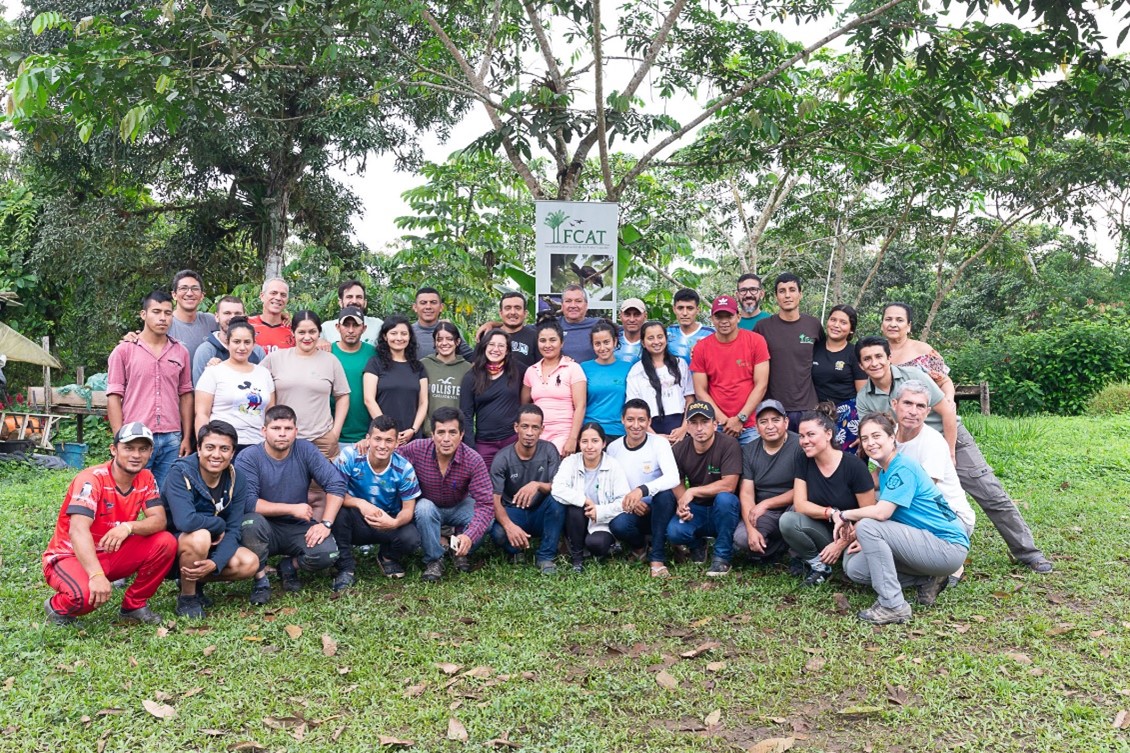
Medellin Botanical Garden
Two-time SGF grant recipient Medellin Botanical Garden will continue working to address deforestation in Colombia’s Antioquia region, this time leveraging new technologies to automate monitoring and communication.
Working with the Institute of Hydrology, Meteorology and Environmental Studies (IDEAM), Medellin Botanical Garden will implement a robust reporting system that automatically generates deforestation alerts with information from IDEAM and GFW and disseminates this information to relevant environmental authorities, police, army and media. Using the free online course they created during their 2023 SGF project, they will also provide specialized training for relevant authorities and organizations to use the reporting system and GFW tools to enhance their deforestation response.
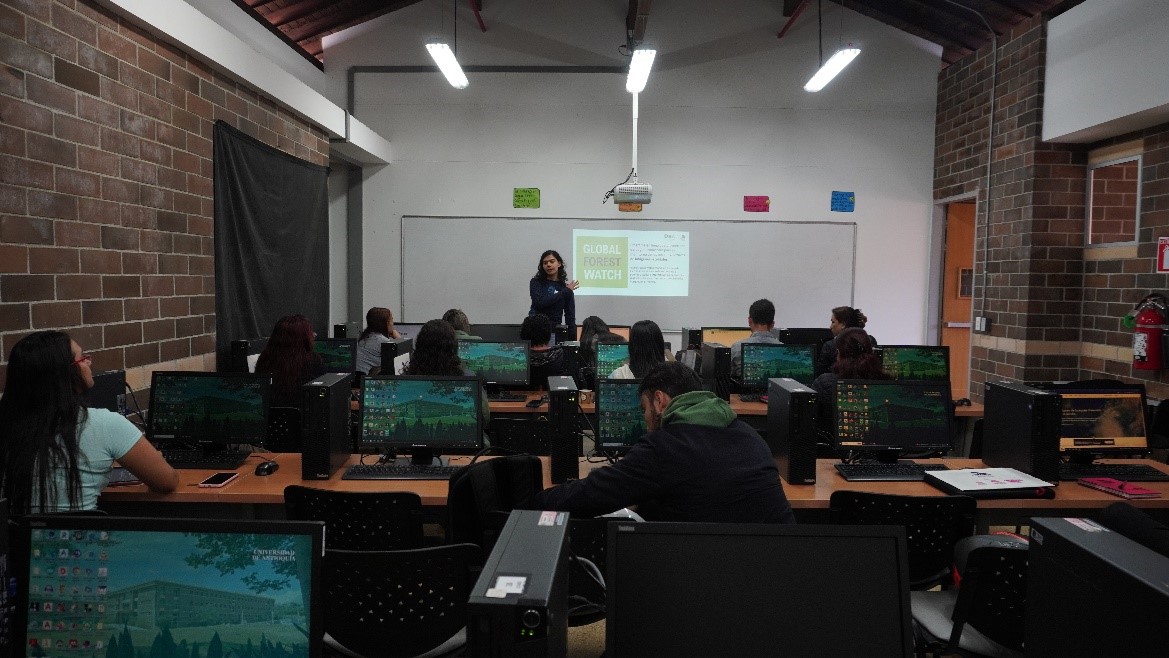
Yayasan IAR Indonesia
Yayasan IAR Indonesia (YIARI) will work to enhance forest protection in Lampung, Sumatra, and West Kalimantan, Borneo, by developing a near real-time Integrated Forest Crime Alert System (IFCAS). The project will pilot this system in the Batutegi Protected Forest, an area that holds significant ecological value and harbors numerous threatened and flagship species such as Sumatran tigers, pangolins and tapirs, with the goal of expanding use of the system to other protected areas in Indonesia.
By incorporating GFW near real-time deforestation alerts into IFCAS while concurrently working with Forest Management Units — governmental management units that manage each provincial forestry service area to improve law enforcement — the project hopes to reduce deforestation and other threats in Indonesia’s protected areas.
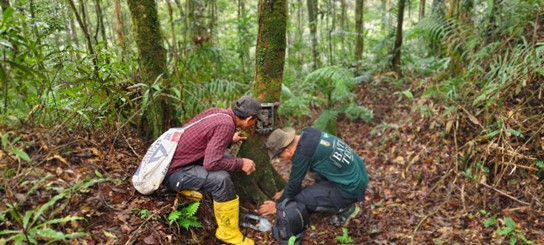
Empowering bottom-up, community-based monitoring programs
Instituto del Bien Comun
In Peru, Instituto del Bien Comun (IBC) will work with two Indigenous Federations, National Federation of Kakataibo Communities and Federation of Native Communities of Puerto Inca and Tributaries, to develop and implement a surveillance system of Indigenous territories in the Kakataibo and Pachitea landscapes using digital technology.
The Indigenous territories in this region are under threat from land invasion and exploitation, but currently the affected communities do not have the tools and resources to provide adequate and timely information to the state agencies responsible for dealing with offenders. IBC will work with a pilot focus group that includes leaders and security guards of the two Indigenous Federations to train them on using GFW tools for forest monitoring and develop the surveillance system. Community patrols will then be able to develop reports using Forest Watcher and community mapping so state entities can take preventative actions.
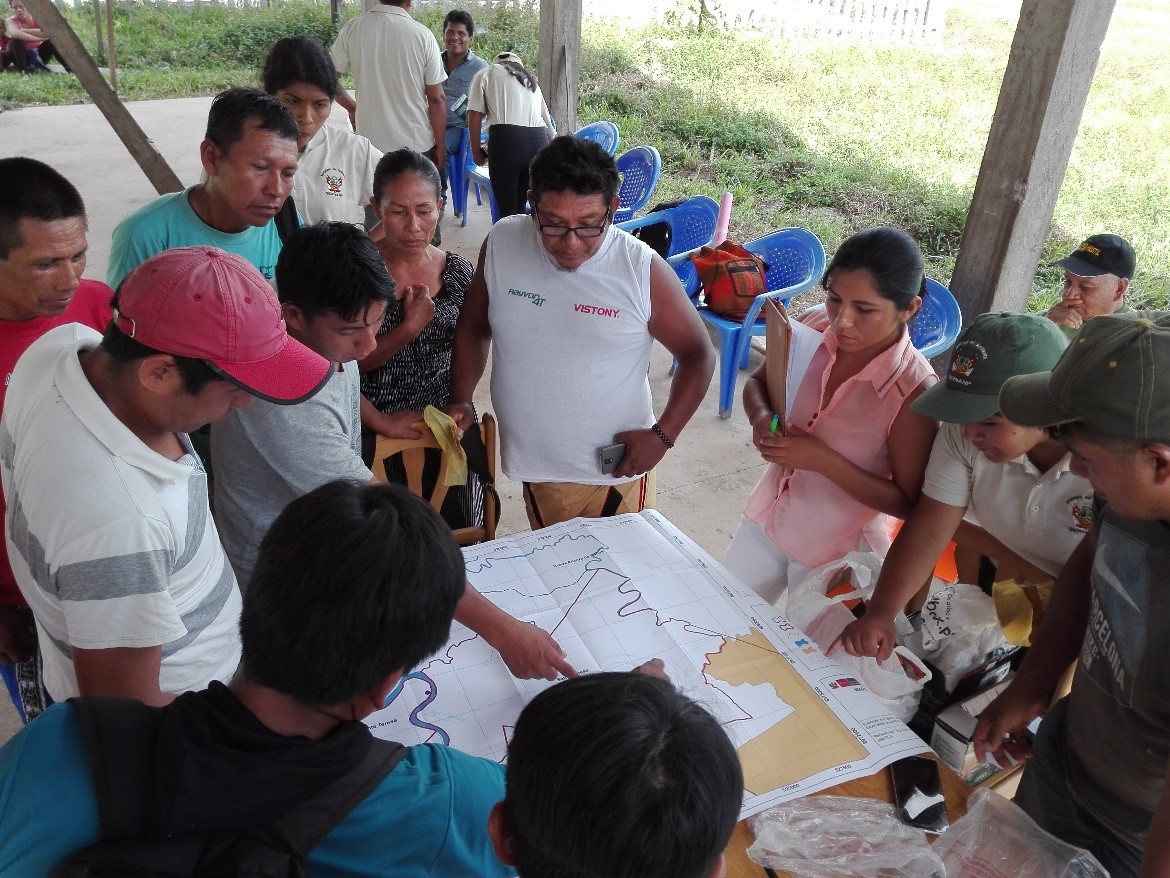
Association of Samaaka Communities
The Samaaka territory in Suriname is a highly forested landscape in the Amazon basin experiencing increasing pressure from logging and mining companies. The Association of Samaaka Communities (VSG) will set up a community-based monitoring system in the Samaaka territory to build the capacity of Samaaka people to participate in forest monitoring, such as raising awareness among local Samaaka youth about GFW tools and on conducting field verification patrols.
VSG aims for the community to be able to use the information gathered to influence land-use policies and counteract forest threats, and also hopes to work with government officials to recognize the Samaaka monitoring system for improved enforcement in their territories.
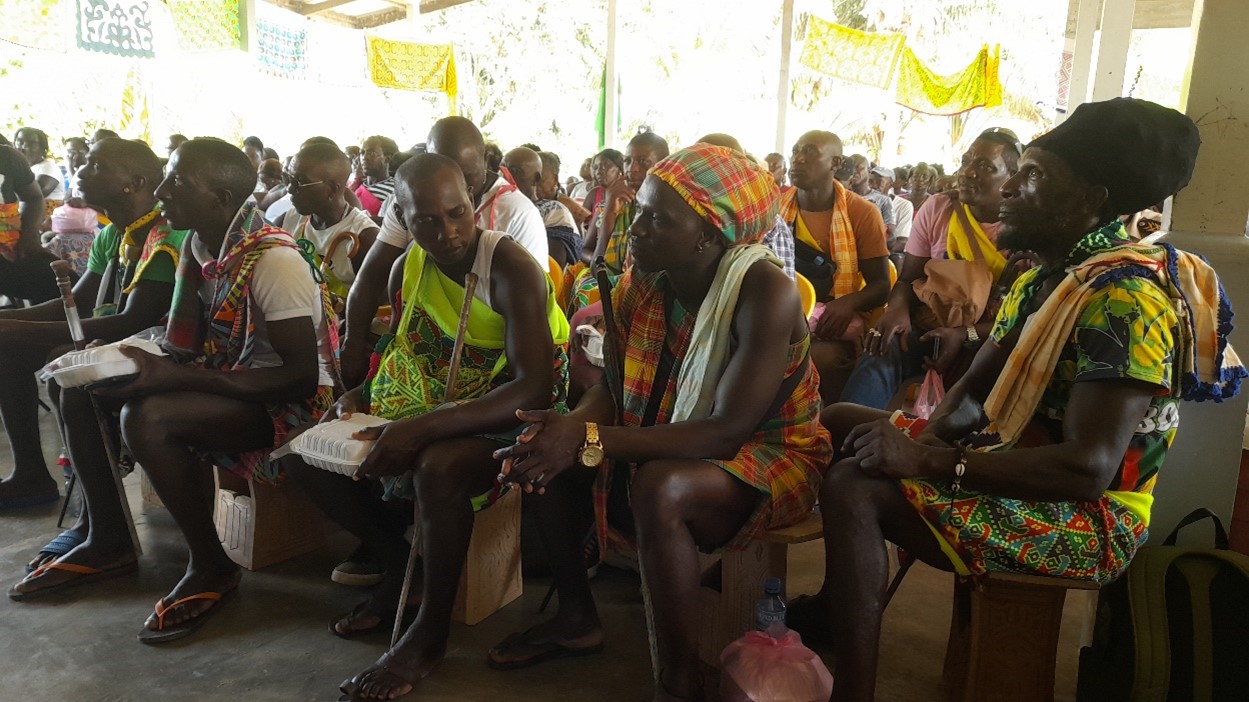
Instituto Boliviano de Investigacion Forestal
Instituto Boliviano de Investigación Forestal (IBIF) will work with the Guarayo Indigenous Forestry Association (AFIG) to help consolidate a Territorial Monitoring Unit (UTT). The AFIG oversees all forest management plans for the territory of the Gwarayu Indigenous Nation, which covers approximately 1.3 million hectares of forest in eastern Bolivia.
The UTT will be responsible for monitoring threats such as illegal deforestation and wildfires. IBIF will train the territorial monitoring unit team in the use of integrated deforestation alerts and VIIRS fire alerts in GFW, as well as implement a Monitoring Center with its own monitoring system for managing their territory. IBIF will also assist AFIG in developing agreements with the Bolivian Forestry Authority so that the monitoring system is legitimately recognized and validated to report violations in their territory.
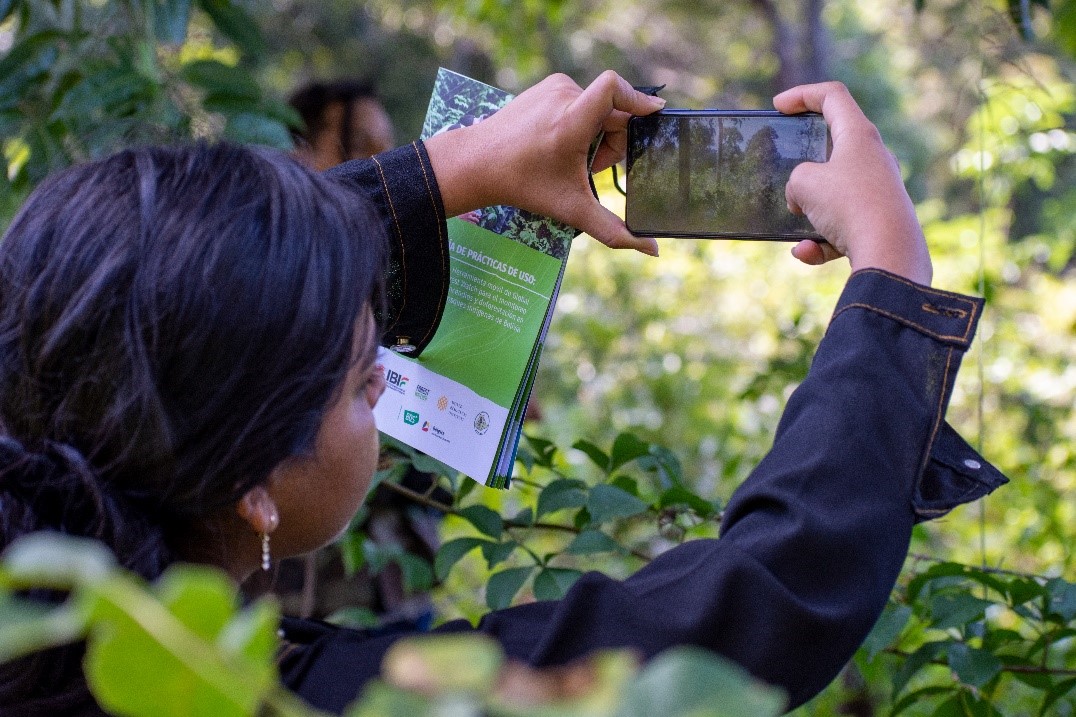
Strengthening governmental and administrative forest monitoring capacity
Forest Trends
In Myanmar, Forest Trends will work with Ministry of Natural Resources and Environmental Conservation (NUG MONREC) forest managers and administrators under the National Unity Government to use GFW tools to monitor, document and mitigate forest pressures resulting from political crisis. Myanmar has experienced political turmoil since a military coup in 2021, which has created challenges for forest conservation.
Forest Trends will train the team of forest managers in monitoring deforestation hotspots using GFW, and in using Forest Watcher to conduct verifications. The forest managers will share quarterly reports of findings and the status of deforestation in two target areas with NUG MONREC officials and work towards improving forest management practices and governance based on the findings.
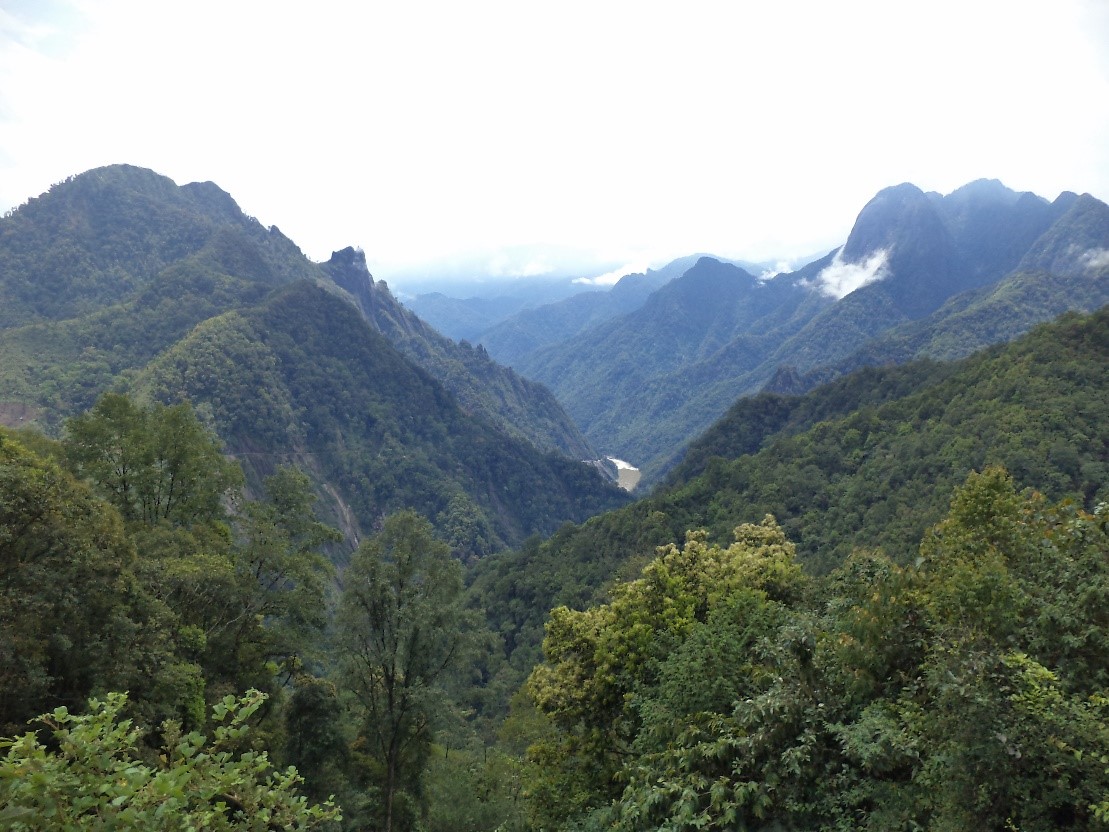
Ajemalebu Self Help
2023 SGF grantee Ajemalebu Self Help (AJESH) will contribute to government action in conservation of the Yabassi and Nlonako Key Biodiversity Areas in Cameroon using GFW tools and drones. AJESH will take a multi-pronged approach by training and working with officials of the Ministry of Forestry to adopt a spatial deforestation monitoring system while also continuing to intensify stakeholder engagement and trainings with community members on the use of GFW and drones.
AJESH then aims to use the data generated from nine months of monitoring to help evaluate Cameroon’s progress on their international environmental commitments, including Nationally Determined Contributions, National Biodiversity Action Plan and Sustainable Development Goals.
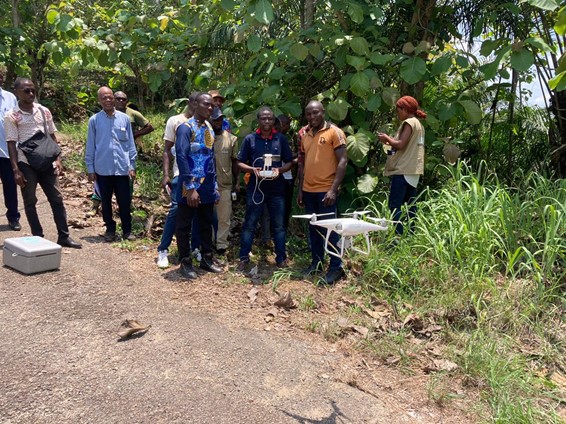
Combatting forest crime or illegal activity
Water Journalists Africa — InfoNile
InfoNile is a geojournalism media platform and cross-border network of more than 800 environmental journalists working in the 10 Nile Basin countries and is an arm of Water Journalists Africa (WJA), a Uganda-based NGO whose network of environment and water journalists spreads across Africa. Their project will train and support journalists from the InfoNile/WJA network on GFW tools and data to report investigative stories on deforestation in eastern Democratic Republic of the Congo (DRC) and cross-border timber trafficking from DRC into transit and destination countries for illegal timber.
The project will provide broad-reaching journalistic training targeting data journalists using GFW, followed by focused support of 10 selected journalists in DRC, South Sudan, Uganda, Burundi, Rwanda and Kenya to identify, investigate and pitch cross-border stories to publish in InfoNile and other major media houses. InfoNile will also organize community screening and exhibition events in DRC close to where the stories were reported to encourage awareness and action around the story findings.
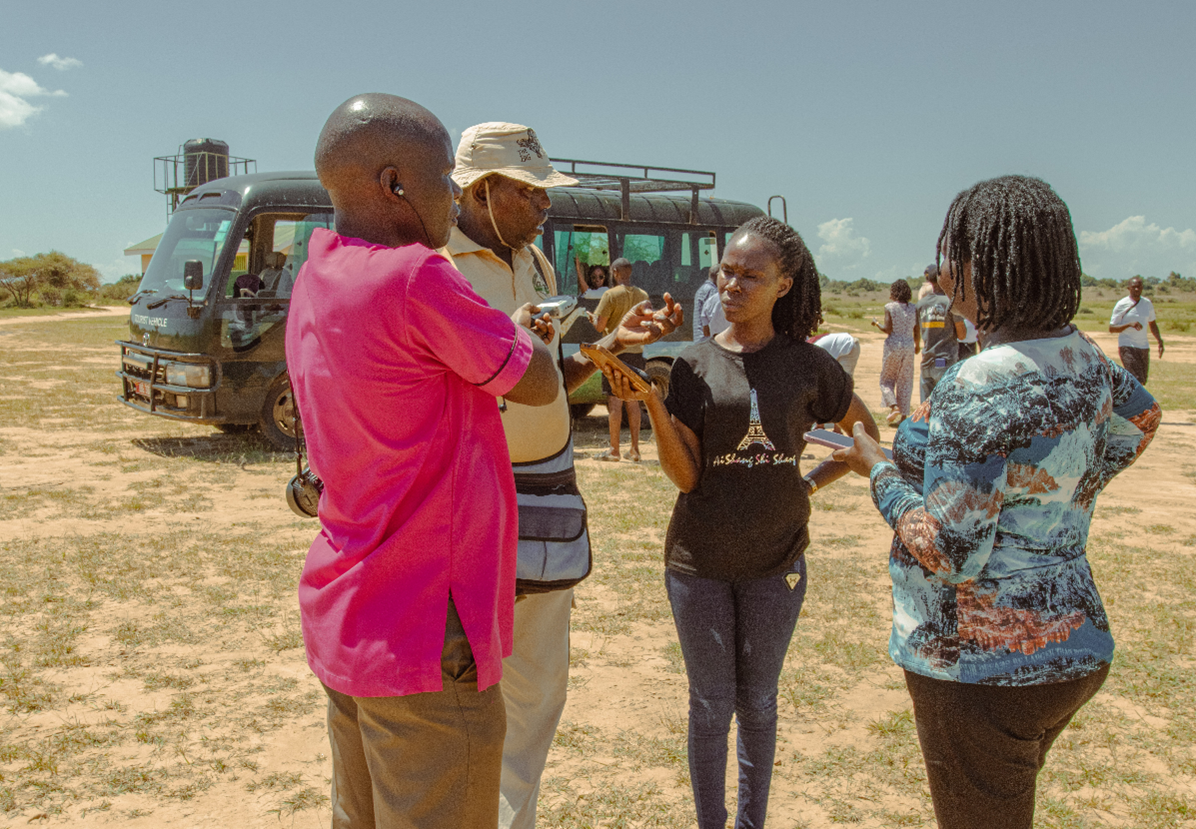
Yayasan Pemantau Independen Kehutanan Indonesia
Yayasan Pemantau Independen Kehutanan Indonesia or Independent Forest Monitoring Fund (YPIKI-IFMF) will work to build the capacity of government-managed Forest Management Units (FMUs) and civil society-led Independent Monitors (IMs), made up of both individuals working for NGOs with legal status and communities living in proximity of the forests, to strengthen the Timber Legality Assurance System, a mandatory system developed by the Ministry of Environment and Forestry designed to ensure that timber and timber products produced and exported from Indonesia meet legality standards and that forestry laws and regulations are enforced.
To improve IMs’ capacity and knowledge on laws related to harvesting forest products, YPIKI-IFMF will engage with Indigenous youth to train them and help them disseminate knowledge among other local IMs. YPIKI-IFMF will also work to foster collaboration among FMUs and IMs around using GFW tools and data for improved forest monitoring.
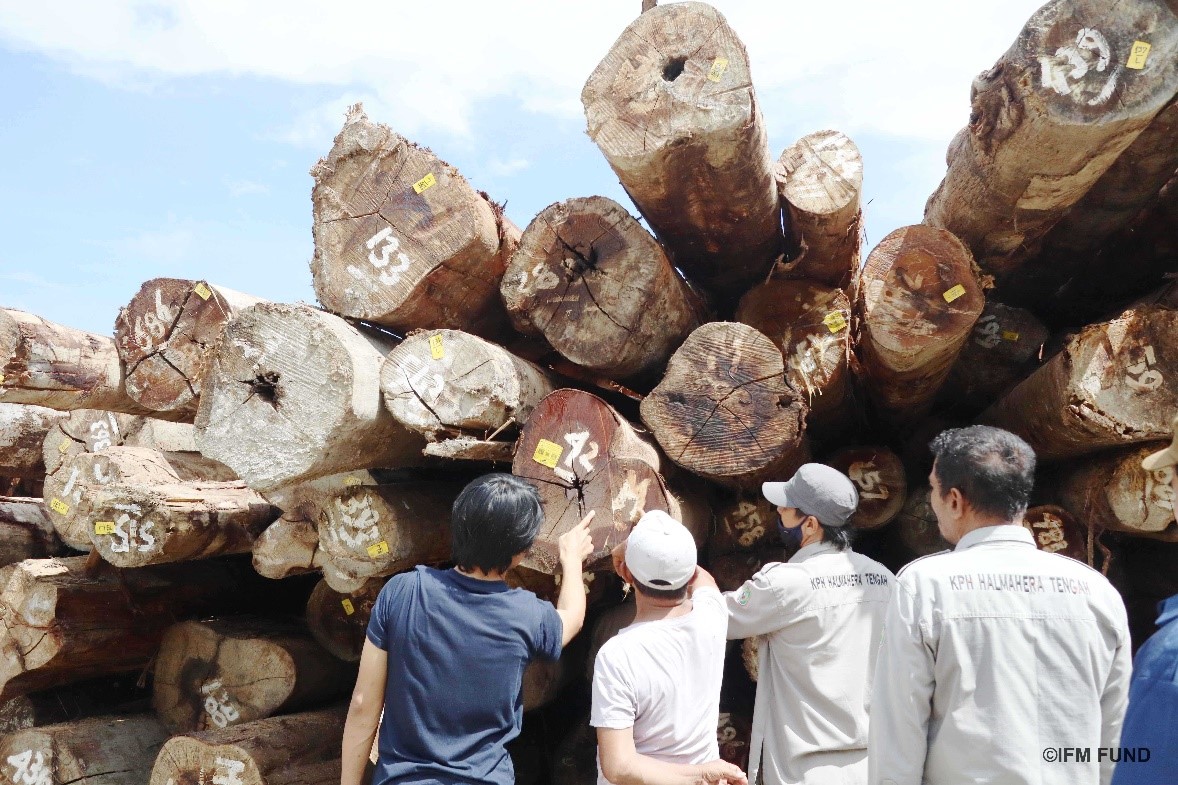
Knowledge for World Conservation
Knowledge for World Conservation (KWC) will work to improve capacity of forest and community guards in the Offinso Forest District of Ghana in a multi-stakeholder approach to reducing illegal forest activities and improving response to ongoing or new forest crimes.
Their project will train forest rangers and community guards on the use of tech-based spatial monitoring systems equipped with geolocation features such as the GFW platform and Forest Watcher, including how to upload, analyze and incorporate field reports into their monitoring activities. They will equip forest guards with smartphones to use near real-time deforestation alerts on GFW for forest monitoring.
Additionally, KWC will engage at community durbars (traditional community meetings) to raise awareness of the importance of forest protection and work with the community and other stakeholders on joint efforts using geospatial technology to safeguard forest resources.
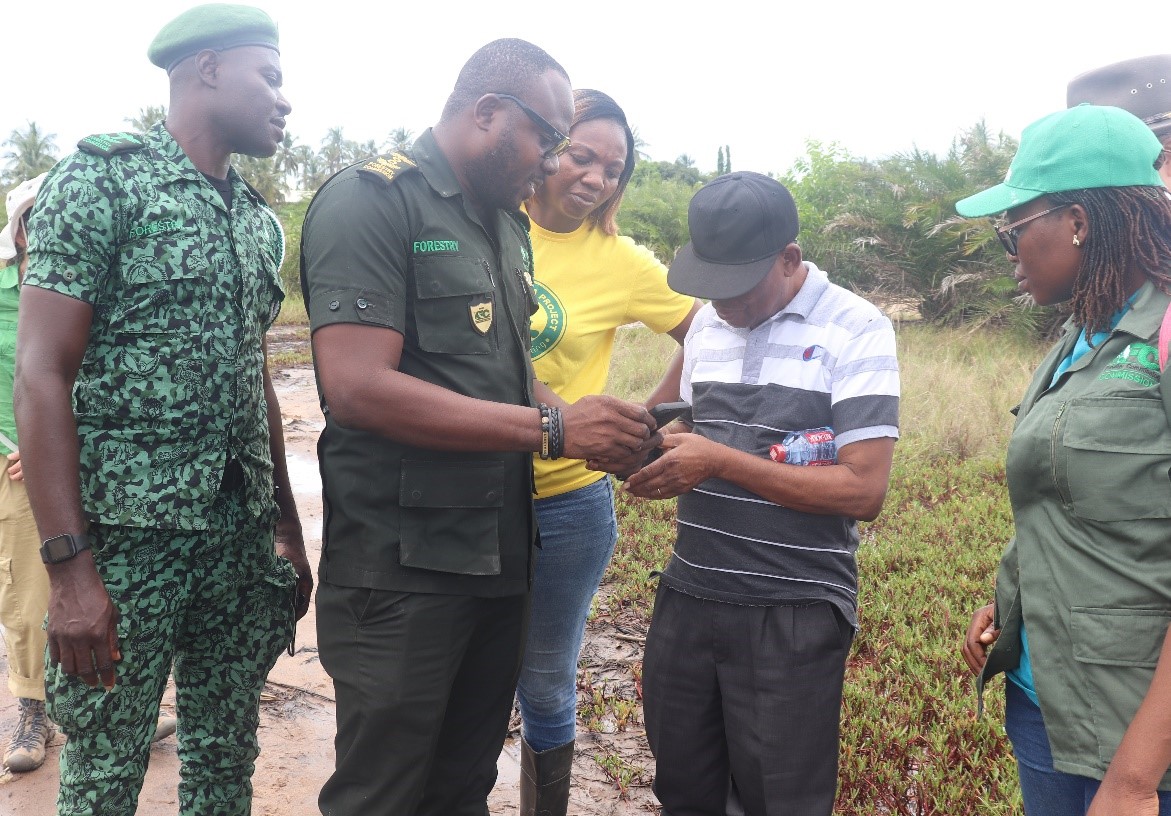
Learn more about this year’s Small Grants Fund recipients here.
